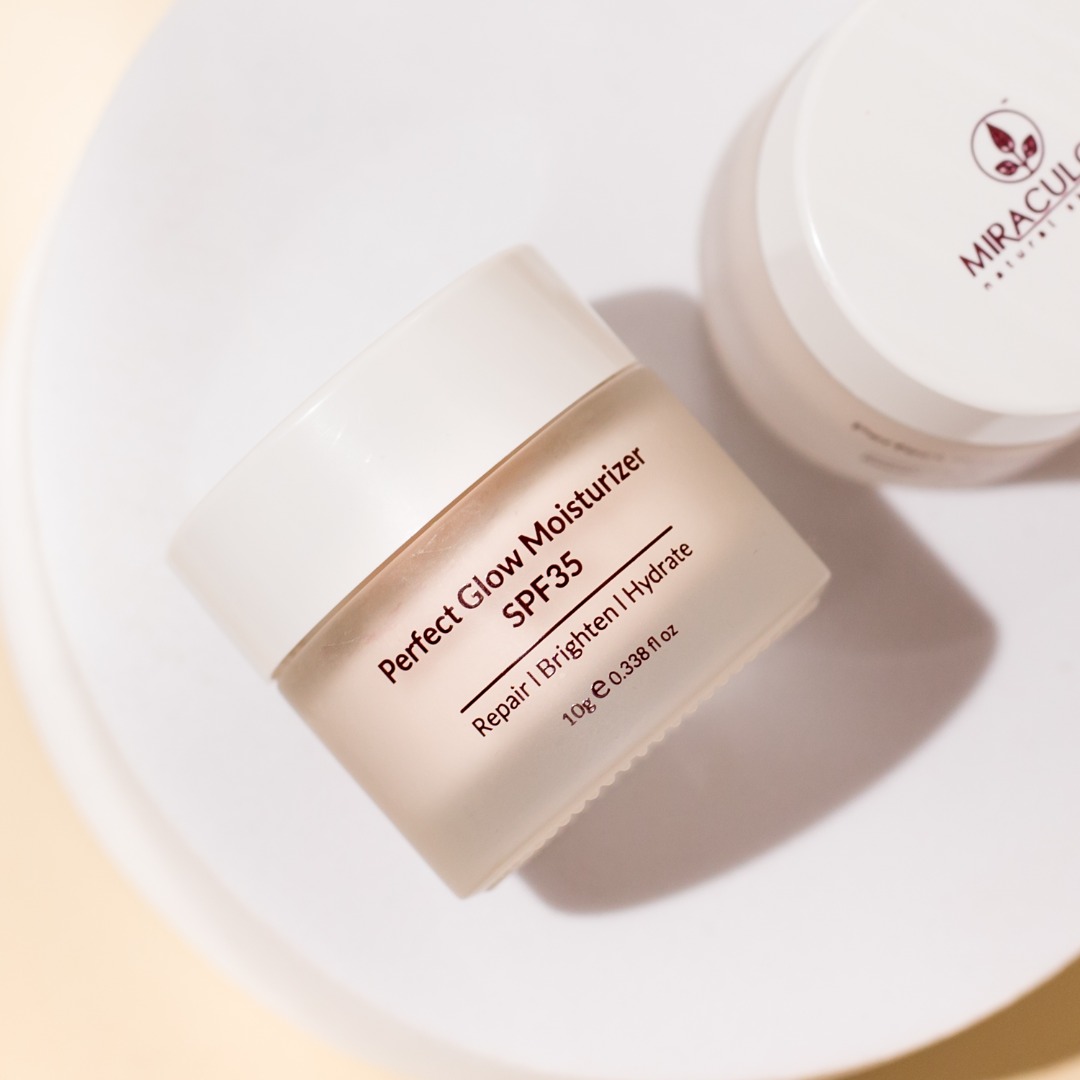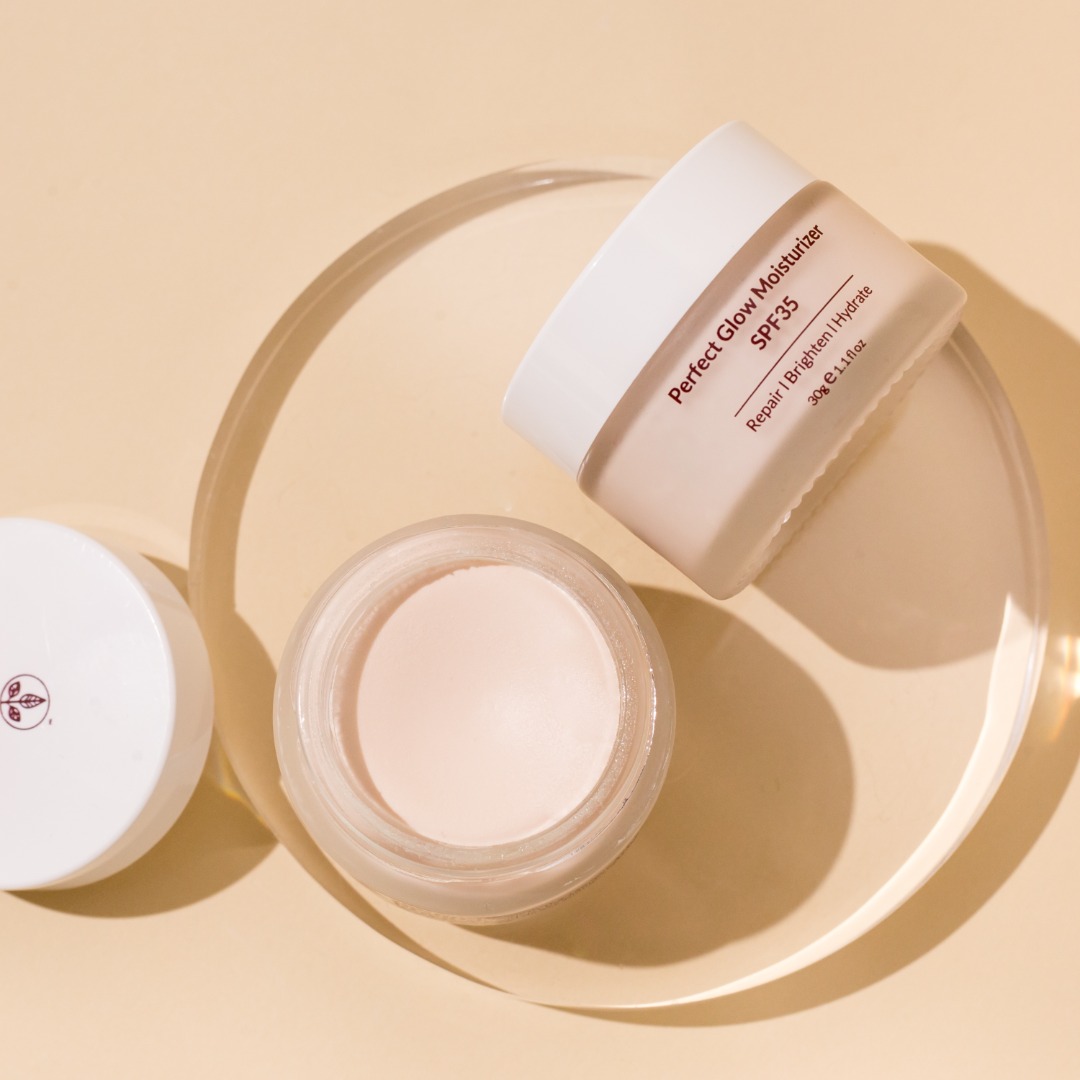
What is hyperpigmentation ?
Hyperpigmentation is a common condition that makes some areas of the skin darker than others. “Hyper” means more, and “pigment” means color. Hyperpigmentation can appear as brown, black, gray, red or pink spots or patches. The spots are sometimes called age spots, sun spots or liver spots. The spots can occur in just one area of the body or all over.
What causes hyperpigmentation?
Skin gets its color from a substance called melanin, which is made by skin cells. When those skin cells are damaged or unhealthy, they can produce too much melanin. The melanin can clump, causing that area to appear darker.
Many things can lead to hyperpigmentation:
- Adrenal Disorder such as Addison’s Disease when the body doesn’t make enough of a hormone called cortisol.
- Genetics, such as a family with freckles.
- Hormone changes, such as during puberty or pregnancy.
- Injury to the skin (for example, acne, cuts or burns), which is sometimes called post-inflammatory hyperpigmentation.
- Medications, such as oral contraceptives (birth control pills) and drugs that cause sensitivity to light
- Melasma
- Not getting enough of certain vitamins, such as B12 and folic acid.
- Sun Damage (these spots are often called solar lentigines).
- Thyroid disorders.
The ultimate beauty ingredient trio anti-inflammatory fatty acids and vitamins A and C, make this oil a potential solution for fading any facial scars or unsightly marks. It can help fade skin hyperpigmentation and potentially minimize the appearance of fine lines and even stretch marks.
Does hyperpigmentation cause any symptoms ?
Other than dark spots, hyperpigmentation doesn’t cause any symptoms. If you have spots on your skin with any other symptoms, talk to your primary care provider or a dermatologist (skin specialist).
How to treat hyperpigmentation ?
Depending on the reasons for hyperpigmentation, your healthcare provider may suggest some lifestyle changes:
- Avoiding sun damage by staying out of the sun, using sunscreen and wearing protective clothing.
- Stopping any medications that may be causing it.
- Taking vitamins.
Your healthcare provider may also recommend prescription or over-the-counter topical therapy (creams or ointments you put on your skin):
Miraculous Perfect Glow Moisturizer SPF 35
Miraculous Perfect Glow Moisturizer delivers weightless hydration and luminous perfection. With its silky texture, this moisturizer imparts essential moisture to the skin, delivers radiance and helps improves the appearance of dark spots and discoloration. Formulated with pearl bright system skin-loving vitamins and antioxidants.
Miraculous Perfect Glow SPF 35 is enriched with Oligopeptide – 68 that works wonderfully for hyperpigmentation skin.
- Oligopeptide – 68 (is a complex peptide that contains twelve different amino acids that used to purify the skin. It is suitable for reducing unwanted hyperpigmentation, improving the skin tone, and offering immediate results)
- Azelaic acid
- Corticosteroids
- Glycolic acid (alpha-hydroxy acid)
- Hydroquinone
- Kojic acid, a chemical that can reduce the amount of melanin the body produces
- Salicylic acid
- Skin bleach
- Tretinoin
How can I prevent hyperpigmentation ?
Hyperpigmentation can’t always be prevented, but protecting your skin from the sun helps:
- Apply sunscreen every day. Choose one that’s “broad spectrum” (blocks ultraviolet rays, UVA and UVB) with an SPF of 30 or higher.
- Avoid too much sun exposure.
- Use physical blockers such as titanium dioxide or zinc oxide.
- Wear protective clothing and hats.
How can I cope with age spots, sun spots, liver spots and other forms of hyperpigmentation ?
The appearance of hyperpigmentation can make you feel self-conscious.
- Avoid sun damage.
- Be patient with any treatments you’re trying, as they can take months to show improvement.
- Don’t pick at any imperfections, such as pimples.
- Reach out to others with hyperpigmentation through support groups or online chats.
- Realize that many people have hyperpigmentation and other imperfections. You’re not alone.
- Take care of your skin by washing, exfoliating and moisturizing regularly to help it look as healthy as possible.








